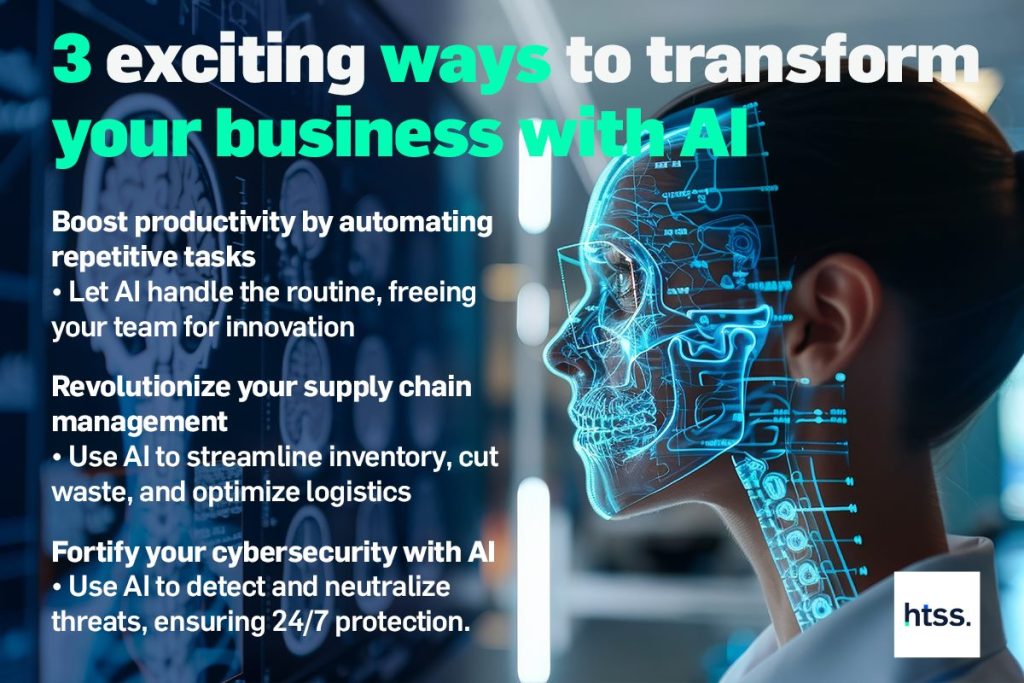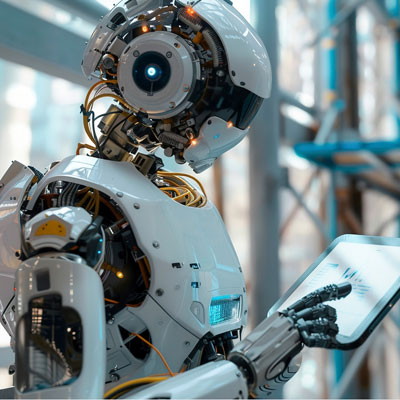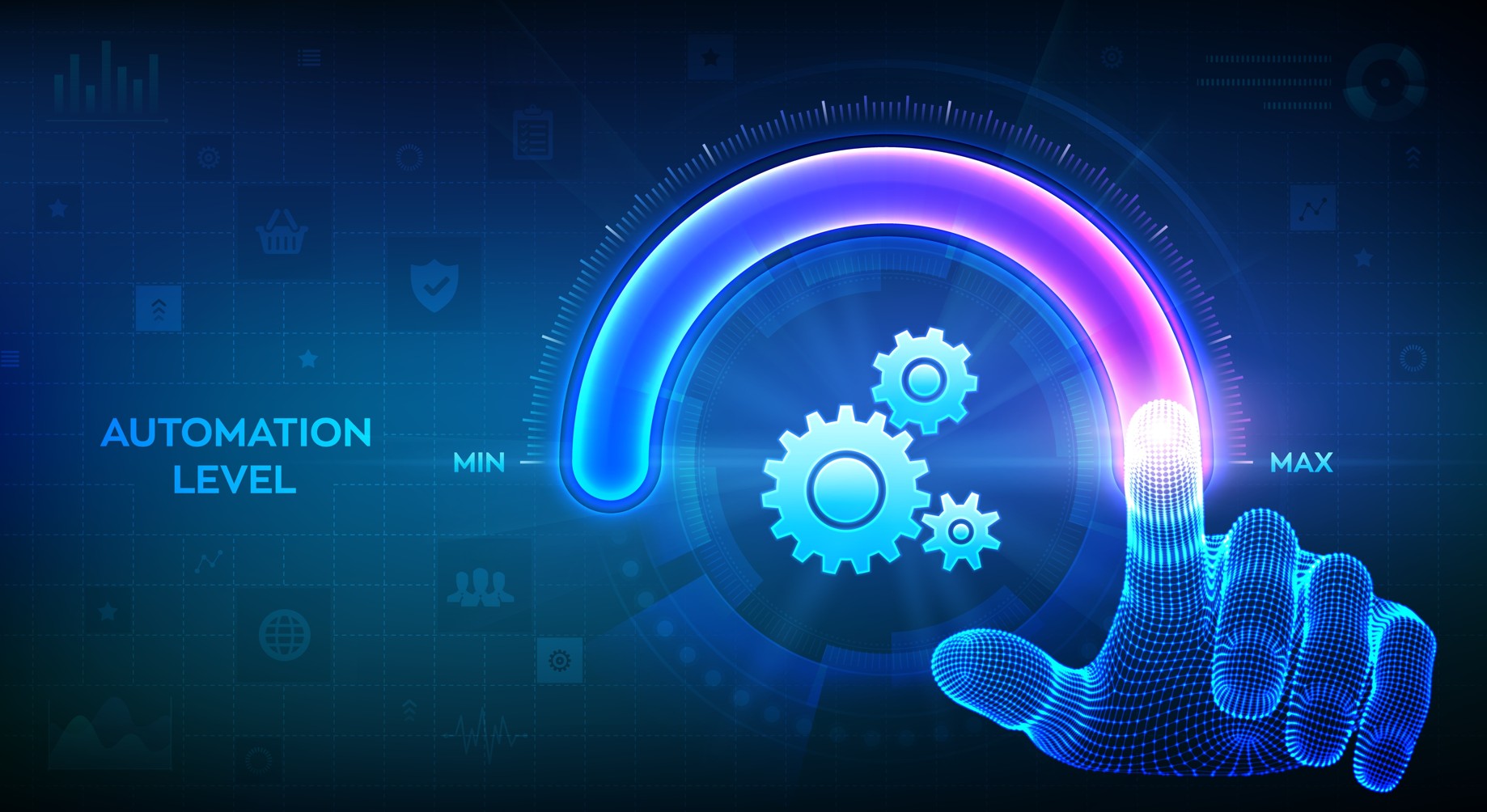Artificial Intelligence (AI) has rapidly evolved from a futuristic concept to an integral part of our everyday lives. Its applications are diverse, ranging from mundane tasks to revolutionary innovations. Over the past few decades, AI has undergone a remarkable transformation, progressing from theoretical stages to practical implementations. This has been made possible by technological advancements that have influenced computing power, machine learning algorithms, and access to large volumes of data.

Today, artificial intelligence is present in nearly every aspect of our lives, providing efficient and innovative solutions to complex problems.
Interesting facts about artificial intelligence
Artificial intelligence is a vast and fascinating field, full of innovations and surprising applications. Next, we will explore three captivating aspects of AI that demonstrate its impact on the modern world.
Beyond diagnostics: Virtual health assistants
Virtual health assistants, such as those developed by Babylon Health, use artificial intelligence to provide medical advice, schedule appointments and even monitor patients’ vital signs. These tools make healthcare more accessible and convenient, including for patients in remote areas. Additionally, virtual medical assistants reduce the burden on healthcare workers, allowing doctors and nurses to handle more complex cases while automating the management of simpler tasks.
Conserving the environment with artificial intelligence: waste management
AI systems optimize waste management processes by identifying recyclable materials and improving sorting efficiency. This not only reduces waste to landfill but also promotes sustainable practices.
AI in creative industries: Music composition
AI tools, such as OpenAI’s MuseNet, can compose original music in various styles and genres. These tools help musicians generate ideas and create complex compositions. For example, a musician can input a few measures of melody, and the software can continue the composition, exploring variations and developing musical ideas that can be integrated into the final project. Thus, AI not only saves time but also stimulates creativity, opening new horizons in the music creation process and providing support for both amateurs and professionals.
How to use artificial intelligence in your business
Incorporating artificial intelligence into your business strategy can revolutionize operations and boost growth. Here are some compelling ways to leverage artificial intelligence:
Automating routine tasks
AI-powered tools can automate repetitive tasks, freeing employees to focus on more strategic activities. For example, a chatbot processes natural language to answer customer questions, providing instant assistance and improving customer satisfaction.
Optimizing supply chain management
AI can optimize supply chain operations by forecasting demand, managing inventory and reducing waste. Companies like Amazon are using AI to streamline their logistics, ensuring products are delivered efficiently and cost-effectively.
Improving cyber security
AI-powered cybersecurity solutions can detect and respond to threats in real time. By continuously monitoring network activity, AI can identify unusual patterns and potential breaches, providing a robust defense against cyberattacks.
Organizations are using AI to automate tasks, analyze data, personalize the customer experience, optimize supply chain management, and improve cybersecurity. These examples highlight just some of the fascinating ways in which AI is shaping our world, demonstrating its ability to spur innovation and tackle diverse challenges. As AI continues to evolve, its applications and benefits will undoubtedly expand, integrating and enhancing our everyday lives.


































